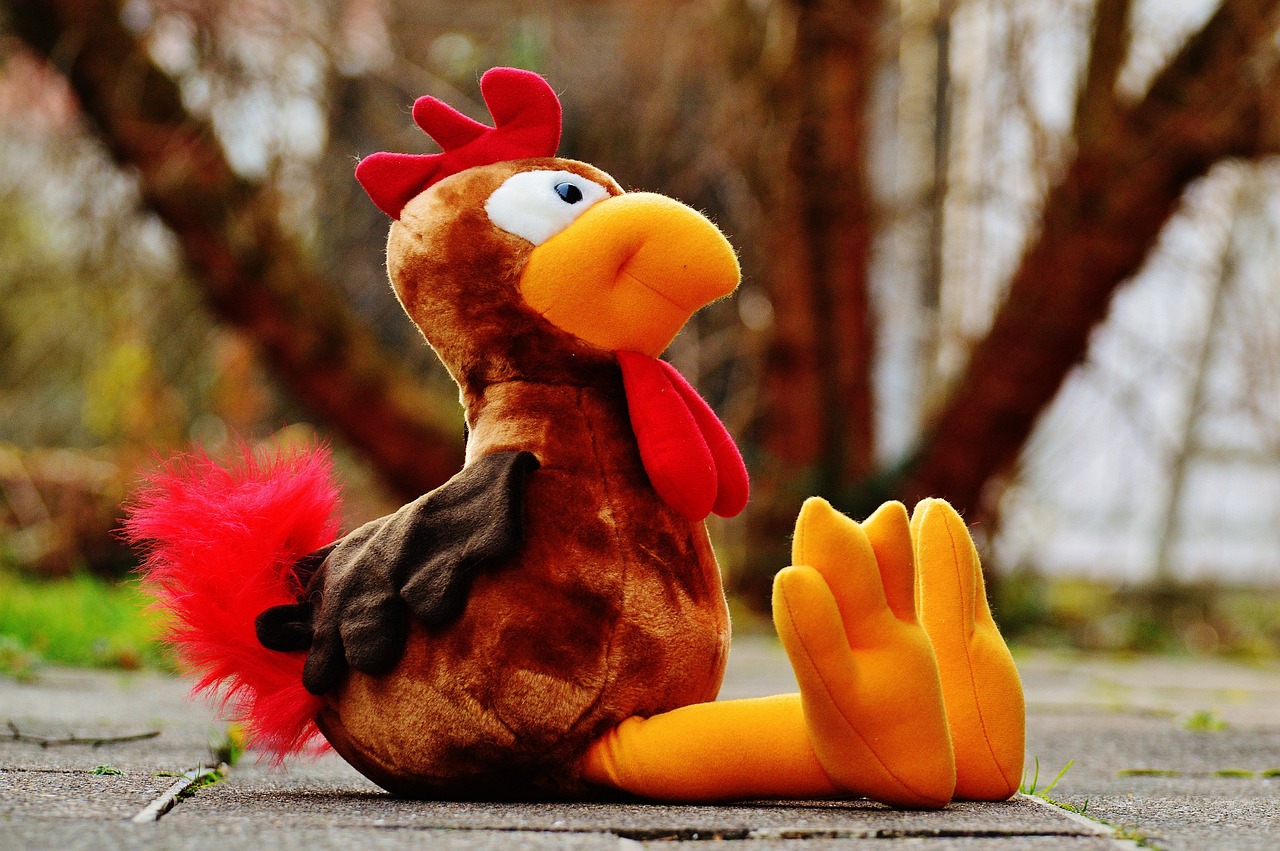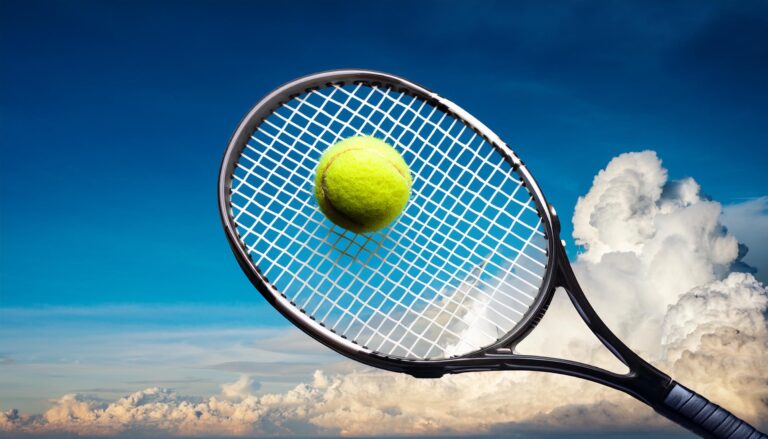Cricket and Indigenous Ecological Knowledge: Traditional Land Use Practices: 11xplay reddy login password, Tigerexch247, Betbook 1
11xplay reddy login password, tigerexch247, betbook 1: Cricket and Indigenous Ecological Knowledge: Traditional Land Use Practices
Cricket is a popular sport that is played and celebrated in many parts of the world. However, beyond just being a game, cricket can also serve as a means to preserve and pass on indigenous ecological knowledge related to traditional land use practices.
Indigenous communities have been living in harmony with nature for centuries, developing deep-rooted knowledge and practices that promote conservation and sustainability. These traditional land use practices are crucial for the preservation of biodiversity and the health of ecosystems. By incorporating these practices into cricket, we can not only enrich the sport but also raise awareness about the importance of indigenous ecological knowledge.
Here are some ways in which cricket can be used to showcase and promote traditional land use practices:
1. Traditional Pitch Preparation Techniques
2. Indigenous Plant Species Used in Pitch Maintenance
3. Water Conservation Practices
4. Natural Pest Control Methods
5. Traditional Boundary Markers
6. Indigenous Signage and Symbolism
By incorporating these elements into the game of cricket, we can bring attention to the significance of traditional land use practices and the wealth of knowledge that indigenous communities have to offer. Additionally, by merging sport with traditional ecological knowledge, we can create a platform for cultural exchange and appreciation.
FAQs:
Q: How can cricket help in preserving indigenous ecological knowledge?
A: By incorporating traditional land use practices into the sport, cricket can serve as a platform to showcase and promote indigenous knowledge.
Q: Why is it important to preserve traditional land use practices?
A: Traditional land use practices are crucial for biodiversity conservation, ecosystem health, and the well-being of indigenous communities.
Q: How can individuals support the preservation of indigenous ecological knowledge?
A: Individuals can support the preservation of indigenous ecological knowledge by learning about traditional practices, respecting indigenous rights, and promoting cultural diversity.
Q: What role do sports play in promoting conservation and sustainability?
A: Sports can raise awareness about environmental issues, promote sustainable practices, and celebrate cultural diversity.
In conclusion, cricket has the potential to be more than just a game. By integrating traditional land use practices into the sport, we can celebrate indigenous ecological knowledge, promote conservation, and enrich the overall cricketing experience. Let us embrace the wisdom of indigenous communities and honor their contributions to sustainable living.







